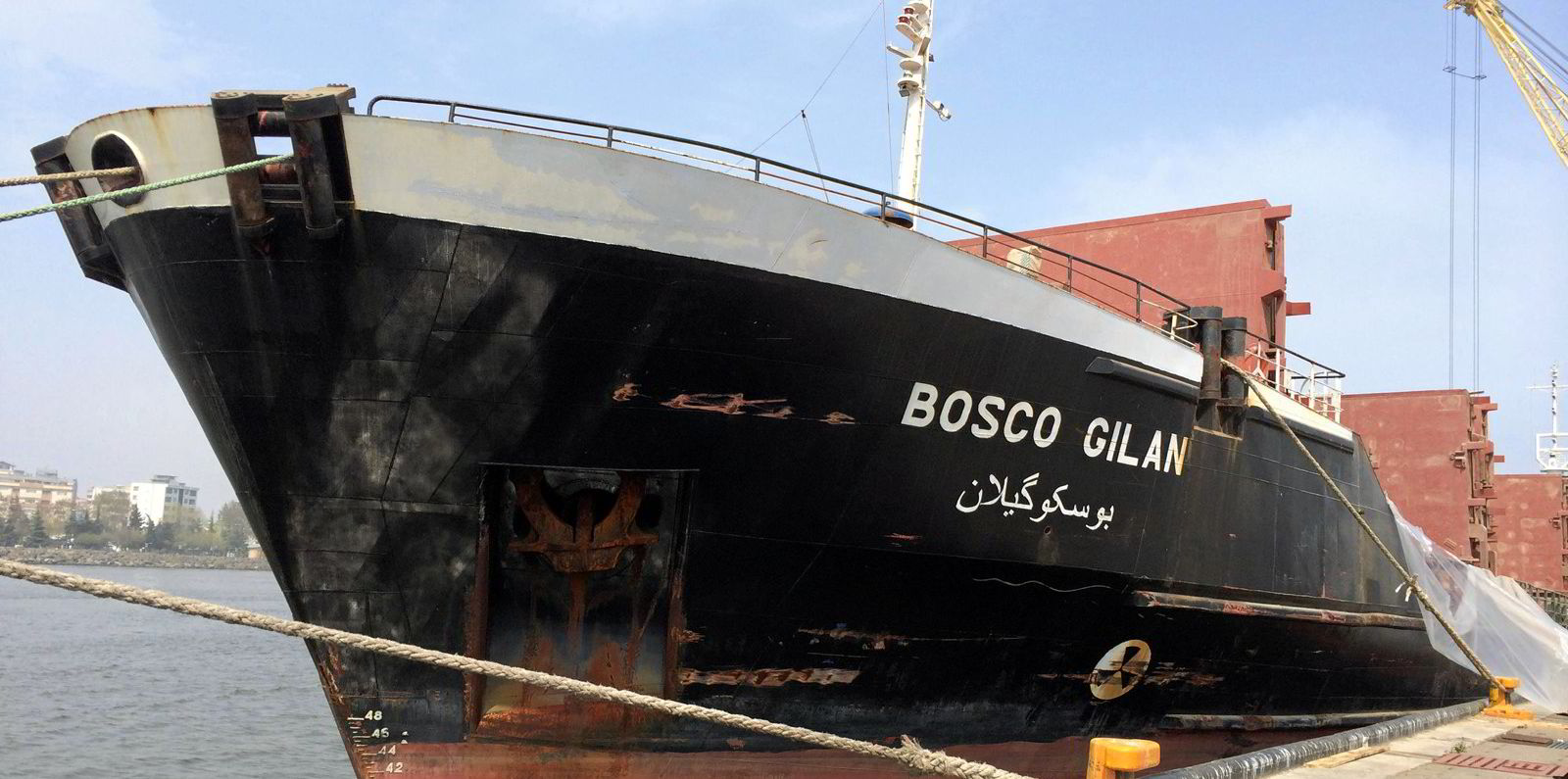Christopher Man, the Winston & Strawn lawyer acting for Strait Shipbrokers in their case against the US government, did not mince his words when he described the harm that US sanctions were having on his clients.
Man told Beryl Howell, chief judge of the US District Court in Washington DC, that the whole point of the sanctions designation is to block a company’s assets, and people from doing business with it.
“The ‘civil death’ by starvation may not be immediate, but there comes a point in time when a designated entity can no longer remain viable,” he said. “For [the] plaintiffs, that point is now.”
Affidavits submitted by Strait and its managing director and principal Murtuza Mustafa Munir Basrai told a tragic tale of the troubles both have faced in the aftermath of their October 2020 sanctioning.
The announcement by the US Department of the Treasury caused the company’s Citibank account in Singapore to be frozen, depriving it of its operating funds. Its group insurance policy was also cancelled.
Strait and Basrai were rendered pariahs. Because the international financial sector treats every sanctioned entity equally, the implications for both have been devastating.
The ability of Strait’s US-based customers to do business with the company was terminated immediately, while other customers including Indian clients also ceased doing business with the outfit as a matter of practice.
In addition, given the US Treasury’s long delay in responding, Strait lost 33 employees who doubted the business could remain viable. It now has only six employees.
Basrai claimed he is also facing the loss of his visa, which permits him to work and live in Singapore. This will require him and his family to return to India — where he has not lived in more than 20 years.
Unable to engage in commerce, the sanctioning has cost Strait approximately 30 fixtures per month.
Moreover, Basrai estimated it has set the company back 15 years due to the loss of its client network, reputation and employees.
Even after the anticipated State Department delisting, the outfit will have to invest time, resources and energy to rebuild client trust and its employee base.
“To date, the company has suffered innumerable reputational and pecuniary losses, with further losses accruing daily,” Man told Judge Howell.





